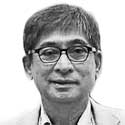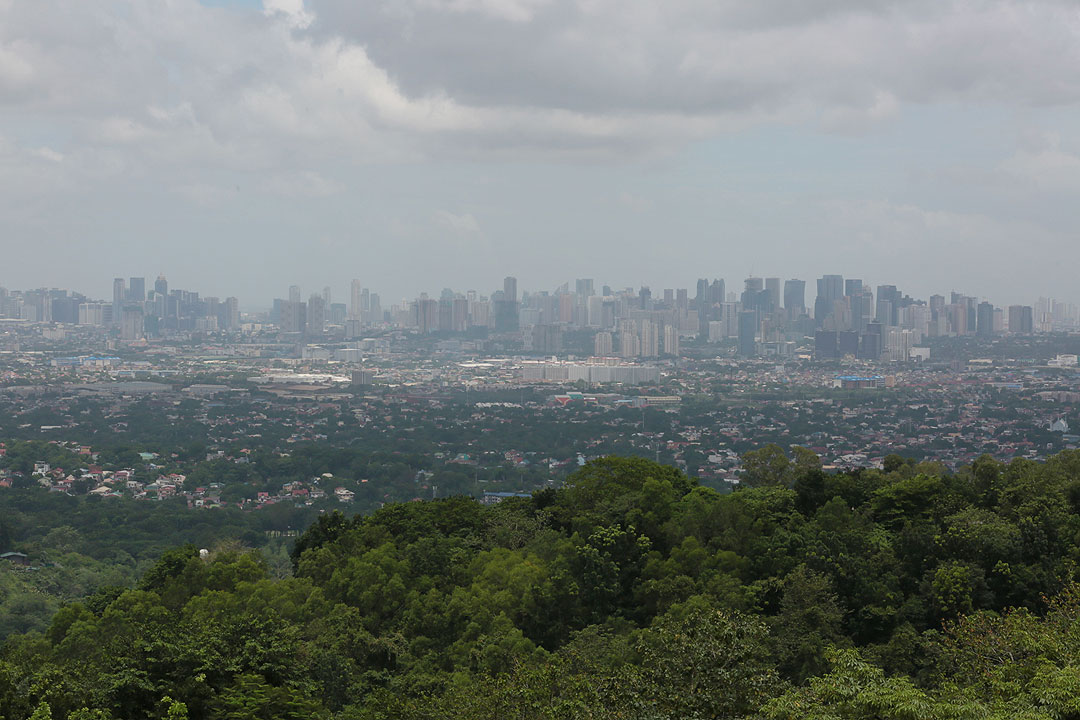
Earning Our Tomorrow
By Philip Ella Juico

Our rapidly moving world has developed actionable concepts in response to the problems created by rising consumption, intense economic activity, and, in general, because of the greed of man and the lack of effective action on long-standing problems on the part of those in power.
Some of these concepts include “corporate social responsibility” which is an act of volunteerism of men and women who are willing to assume personal responsibility for helping solve problems of the community.
Another concept that has gained traction among enlightened organizations is “shared prosperity” which is dedicated to the proposition that the least of the community deserve more attention and the opportunity to participate in the program planning process and the fruits of prosperity.
A fairly recent construct is ECG or “economy for the common good” or for everyone. It is a principle that is anchored on the notion that what is shared and enjoyed by everyone is a common good. To put it simplistically, a public park is for the common good and is constructed for everyone to enjoy.
A fairly well known and established concept is “sustainable development.” The accepted and conventional definition of sustainable development is “development that meets the needs of the present without compromising the ability of future generations to meet their own needs.” In short, we are advocating intragenerational equity.
The concept of sustainable development has, over the years, been interpreted mainly to refer to conservation, preservation, and prudent exploitation of the earth’s resources. Its influence has been so widespread that organizations have formulated programs and established organizations dedicated to the strategic implementation of the concept.
In the course of the study and analysis of the concept over the years, we came across a very interesting and all-encompassing definition of sustainable development.
Olav Kjorven, former official of the United Nations Development Program (UNDP) and who also served as the UNICEF’s director for public partnerships, says:
“Sustainable development is as much about health, education, and jobs as it is about ever widening inclusion and movement away from decisions that erode democratic space and do not address social inequality, intolerance, and violence. Sustainable development is about change that transforms impoverished persons, communities, and countries into informed, educated, healthy, and productive societies. It is about wealth creation that generates equality and opportunity. It is about consumption and production patterns that respect planetary boundaries; it is about increasing tolerance and respect for human rights.”
Kjorven’s definition is, as one can see, both comprehensive and fascinating. He draws attention to the intimate links among violence, sustainability, and how intolerance and lack of respect for human rights could have a negative impact on sustainability. It is easy to realize how difficult it would be to attain sustainability in the midst of war and conflict: less funds will go to new farming technologies, addressing climate change for example when precious resources are used instead for deadly and destructive armaments.
The late president of South Africa, the icon of non-violent change, Nelson Mandela, echoes the views of Kjorven especially on the imperative of defeating poverty as a way of protecting human rights, “…. Overcoming poverty is not a gesture of charity, it is an act of justice. It is the protection of a fundamental human right, the right to dignity and a decent life.”
In the Philippine context and in most emerging markets like India, Brazil, Indonesia, and Thailand, the COVID pandemic has, after 17 months, deeply affected the global effort to satisfy the right to dignity and a decent life of communities and societies.
In a paper entitled “Poverty and Human Rights,” Amnesty International (AI) points out that “all over the world, people living in poverty are frequently denied the full range of human rights.”
The paper, published around 2009, still remains relevant today for the basic issues behind a health emergency and pandemic are similar. Both impact the economy, livelihood, food security, and other urgent national concerns. It is in the gravity and rapid spread of COVID, its complex mutating nature, despite or because of the vaccines, and number of fatalities where one finds the noticeable difference between the two pandemics.
The one thing both pandemics have in common is that they further exacerbate the worldwide poverty and hunger problems. Both serve to create further inequalities and increase instances of poverty-related human rights abuses.
The evidence of poverty is all over the world. Millions suffer from chronic hunger and a bigger number live in slums which, because they lack basic services, are veritable super spreader centers.
AI and other observers predict that poverty is likely to worsen with the economic slowdown and climate change especially among those who live in high-risk areas. In addition, there must be more vigorous and intelligent campaign against the disinformation campaign directed at vaccines.
AI points out that poverty also has a disproportionate impact on women and girls. The World Bank states that of the 1.3 billion people living in absolute poverty around the world, 70% are women. AI adds that “living in poverty means much more than simply lacking income or resources. It brings a daily existence of deprivation, insecurity, powerlessness and exclusion — in other words, human rights abuses that work in combination to keep people poor. Human rights are the key for people to break out of the poverty trap.”
While noting that this particular insight of AI is consistent with Kjorven’s comprehensive definition of sustainable development, we present our wish list in the hope that its elements can help trigger others to augment this initial list.
In the short run, former Socio-Economic Planning Secretary Felipe Medalla says to “vaccinate and stimulate (the economy).” Over the medium term (one to two years), some strategic moves may be given priority. Promote and practice inclusivity and representation especially from the marginalized. In response to the phenomenon that women and girls are disproportionately impacted by poverty, strengthen the cash transfer system that provides monthly household subsidies. Open up access to health and education opportunities and new agricultural and food production technologies and more cost-effective processing and marketing channels.
Philip Ella Juico’s areas of interest include the protection and promotion of democracy, free markets, sustainable development, social responsibility and sports as a tool for social development. He obtained his doctorate in business at De La Salle University. Dr. Juico served as Secretary of Agrarian Reform during the Corazon C. Aquino administration.